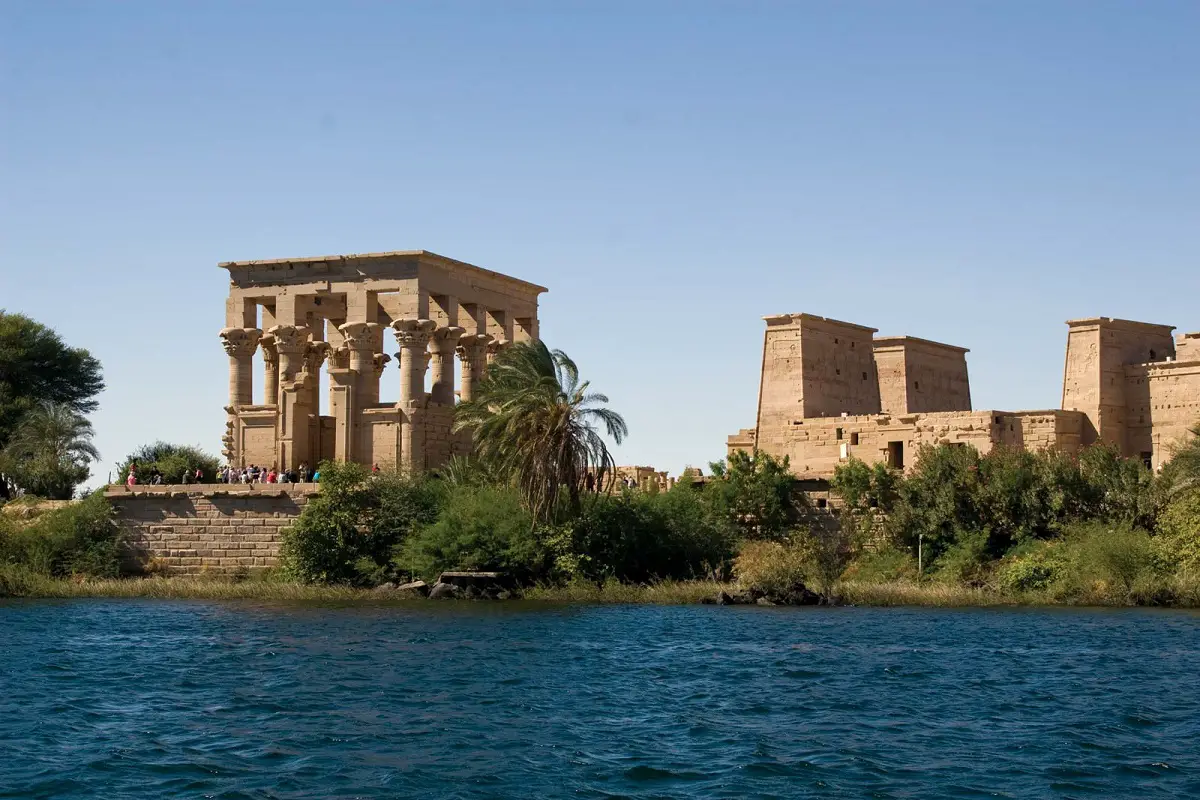The history of the Nile River in Ancient Egypt.
Currently, the Nile River continues to be one of the most famous rivers in the world, so if you still do not know its history, we have compiled, thanks to the best experts, the entire history of the Nile River in Ancient Egypt. Keep reading if you are interested in knowing many more facts about the history of the Nile River in Ancient Egypt.
The history of the Nile River in Ancient Egypt
Without a doubt, the history of Egypt has always been linked to the Nile. Its waters have fed its agriculture and have led to the creation of a different civilization that does not exist anywhere else in the world and this was already known in ancient Egypt where the importance of the Nile River was very high and greatly influenced their society. According to Herodotus, a famous Greek historian, Egypt was defined as “the gift of the Nile.”
The Nile:
where they know a lot of data about a large number of different places in the world, is a river that flows about two thousand meters above sea level in Egypt and deposits a natural fertilizer in the area. from Lower Egypt which is called silt. This is why these lands are green and have a very prosperous agriculture. It is for all these reasons that the civilization of ancient Egypt gave the Nile River and its waters an eminently sacred character.

The Nile River flows down from the Mediterranean Sea and is also the longest river in all of Africa. In the city of Khartoum the Nile River is a huge source of water and it is in this place where the ancient Egyptians already showed that the Blue and White Nile joined. The Blue appears from Lake Tana, located in Ethiopia and with the rain that falls every year it floods Egypt every day. The White Nile is the one that comes from Lake Victoria, from subtropical Africa.
The Nile:
was very important in ancient Egypt. So much so that the Egyptians of the ancient world managed to create unique, very complex forms of irrigation to get the most out of the water of the Nile River. When the river overflowed in the middle of summer, the ancient Egyptians managed to divert the water with dams and canals. In this way they infiltrated it into the land, obtaining good deposits and therefore also achieving very abundant harvests.
Furthermore the Egyptians were also able to develop unique methods to prevent floods every year as can be read in the Old Testament, in the story of Joseph. The Egyptians were very concerned about the current of the Nile and therefore learned to control its impact so that it would be positive on crops. It is also believed that there are fully documented periods in which the Egyptians were able to get the crops going and were able to enjoy large harvests of barley and wheat thanks to optimal planning while in other places in the world people were starving in the same time.
Egypt:
Furthermore, when the flood season came, Egypt turned into a kind of sea and then the Egyptians dedicated themselves to all kinds of state-building projects. Experts believe that the pyramids were built at the time of the Nile floods, as well as the official buildings and temples.

The Egyptians also related the Nile to the god of agriculture Osiris, so the overflowing of the Nile River meant that life was coming to Egypt. Finally, one of the plagues that Egypt suffered according to the Old Testament was that its waters were stained with blood, so since it was a source of life this was undoubtedly a very negative omen.
